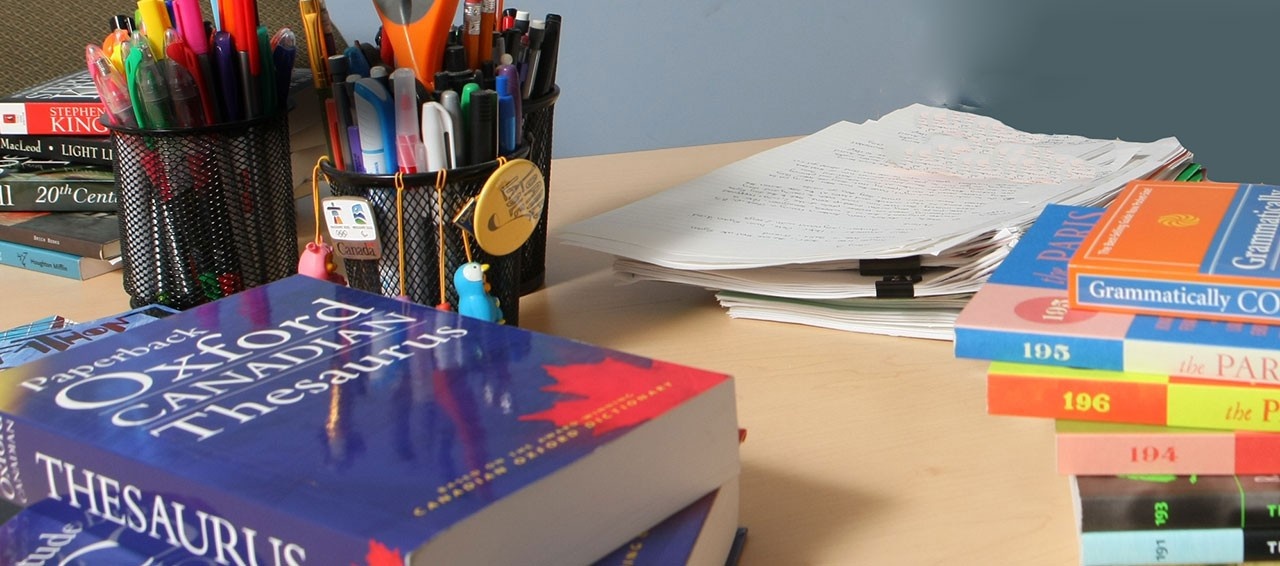FAQs
Interested in creative journalism?
Degree Options
May I major in Creative Writing?
Not quite. At Dal, Creative Writing is not a stand-alone major. Creative Writing can be one subject within a Combined Honours or Double Major degree.
May I minor in Creative Writing?
Yes. Starting September 2018, students can declare a minor in Creative Writing.
Check out the Creative Writing Minor checklist!
What’s the difference between a Combined Honours degree and a Double Major degree?
Admission to an Honours program requires application to a department. Successful admission may involve a minimum GPA and often requires a greater number of more advanced courses. However, Creative Writing cannot be the primary subject in a Combined Honours degree. The degree requirements for the Creative Writing side of a degree are identical for a Combined Honours degree and a Double Major.
Check out the !
Why won’t my online degree registration allow me to choose Creative Writing as the primary subject in my Combined Honours degree?
The Creative Writing program at Dal is small and selected. Currently, it cannot be counted as the primary subject in a Combined Honours degree.
What other subjects can be combined with Creative Writing for the Double Major or Combined Honours degrees?
The Creative Writing program does not restrict your other area of study. Students are welcome to combine CRWR with any other subject, from any Faculty which permits a combined degree.
I’m doing a degree in English and Creative Writing. Do my ENGL3098 and/or ENGL3099 courses count as English credits or Creative Writing credits?
Students are free to count ENGL3098 and/or ENGL3099 as either English or Creative Writing credits (but not both). This situation might arise with students who are able to take two fourth-year CRWR workshops and find themselves with extra CRWR credits. You are permitted to exceed the number of required CRWR courses provided you fulfill your other degree requirements. Note: If you count ENGL3099 as an English credit for the English half of your degree, you cannot also count it as a CRWR credit.
I already plan on pursuing a graduate degree in Creative Writing. Could that plan influence the other half of my combined degree?
Yes. The most popular type of graduate CRWR degree in Canada is a Master of Arts in English and Creative Writing. In general, those programs would prefer a Combined Honours in English and Creative Writing. From east to west, those programs are offered at UNB, Concordia, UofT, U.Windsor, U.Manitoba, U.Regina and U.Calgary. However, the number of Canadian CRWR Master of Fine Arts degrees has recently tripled. Like graduate degrees in English and CRWR, Master of Fine Arts programs require a strong writing portfolio, good grades and strong references, but they don’t require an undergraduate English degree. CRWR MFAs are offered by U.Guelph, UBC and U.Victoria. Valuable note: Both MA and MFA candidates in creative writing are eligible for funding from SSHRC and other funding bodies.
Courses and Workshops
I’ve heard of lecture classes, seminars and labs, but not a writing workshop. What’s a writing workshop?
A writing workshop is a small class (capped between 15 and 24) in which students share and evaluate each other’s work. While additional course texts may be assigned, the primary text in a workshop is student generated. Students both evaluate the work of peers and hear others evaluate the same text.
Who teaches your Creative Writing classes?
All of our instructors are published writers and experienced teachers. You can read about them on our instructors page.
General
Will studying Creative Writing get me a job?
Like most undergraduate degrees, the formal study of Creative Writing won’t train you for one specific career, but it will help you compete for various jobs. Statistics Canada describes publishing in Canada as an industry with annual operating revenues in excess of $2 billion. According to the CBC, there are more Canadian artists than Canadian autoworkers.
As with many Humanities degrees, the study of Creative Writing grounds students in perception, communication and analysis. Additionally, many careers—from marketing to journalism and other knowledge industries—require and reward creative thinking. Social skills are also emphasized in Creative Writing, through a writer’s general interest in society and humanity, the diplomacy required by constructive criticism, and a writer’s fundamental work with empathy.
Questions about the Creative Writing program that aren't answered here?
Please contact the Creative Writing Advisor.

